I have experienced many autumns with different shades of the sky and earth. There are autumns with heavy rains, floods that sweep away everything, leaving behind bare trees and grass. There are autumns with a high, wide, deep blue sky, with a river flowing slowly, a few boats with sparkling brown sails under the honey sunlight and the gentle cool breeze. But, all the autumns I have experienced are similar in that they all resonate with the joyful cheers of people's hearts. September autumn is always like that. The autumn of flags and flowers, the autumn of the Vietnamese people.
In my peaceful childhood in the countryside, along with Tet Nguyen Dan, Tet Doan Lap was probably a gift from the State, so that I could witness the colors of the festival once more, to live in a different space, to feel that my life had something new. On that day every year, our children's souls were lit up by the color of the national flag covering the space. Around the beginning of August, the sound of drums began to echo with the footsteps of teenagers in the training period to prepare for the official holiday. In the mornings, when the first rays of immature light from the horizon shone down on the world, or in the evenings when the golden moonlight peeked behind the bamboo tops at the village entrance, the drying yards of the production teams were always bustling and jubilant.
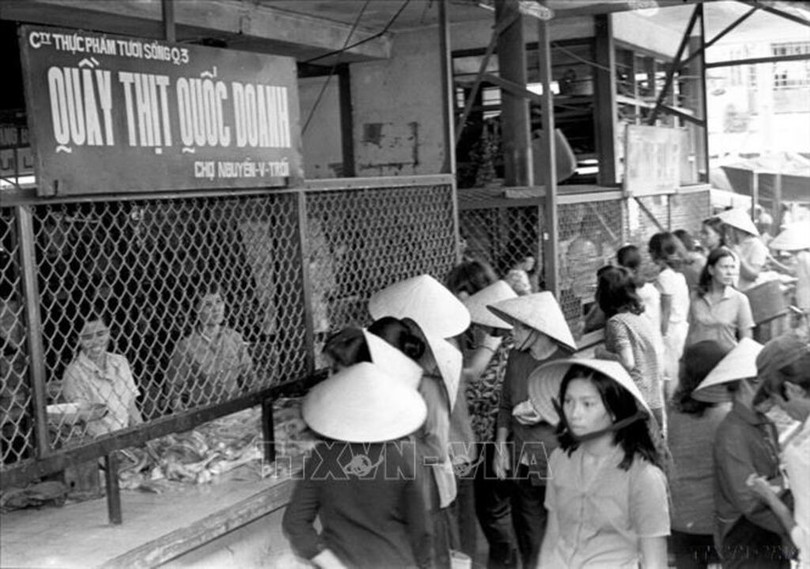
Starting from the afternoon of September 1st, along all the village roads, each youth team lined up to march in a steady rhythm with white shirts and blue pants, sticks, and colorful bracelets. Today seemed to start earlier than usual. Many people poured into the streets to wave and welcome the parade. The waves and smiles continued. From the cooperative's loudspeakers came familiar yet captivating songs: "March of the Ho Chi Minh Young Pioneers", "I am the seedling of the Party", "As if Uncle Ho were here on the great victory day"... The second day was the busiest day, when at the commune stadium, youth teams gathered here to march, perform arts, camp... On the other side, outside the soi beach and on the deep blue Lam river, at the river junction, people organized traditional folk games: boat racing, human chess, swinging...
But what I remember most is the Independence Day worship in families. In my hometown at that time, many families switched from worshiping the 15th day of the 7th lunar month to worshiping the Independence Day. The first reason was obviously because of love for the Fatherland, the heart turned to beloved Uncle Ho. But there was another reason, sometimes thinking back I can't help but feel a little sad. The thing is, at that time the economy was still difficult, transportation was inconvenient, buying and selling was very limited (partly due to the bureaucratic subsidized economy, against private interests), so food and provisions were quite scarce. My brothers and I, if we wanted to have a meal with meat, often had to wait a very long time for holidays and Tet. And, on September 2nd, a national holiday, the cooperative allowed pigs to be slaughtered and sold to the people. So, worshiping the Independence Day was more convenient than worshiping the 15th day of the 7th lunar month, when those two days were often close together.
At around 4am, the cooperative began slaughtering pigs. In the yard of a production team, several pigs were laid out, people crowded inside and outside to wait for a few ounces of meat. The pigs were bled, their hair shaved clean, their skin white and pink, butchered and placed neatly on banana leaves spread out next to each other. Pigs at that time were small, about 30-40 kg, not as big and heavy as the new breed pigs today. The meat of the unfortunate pigs was cut into small pieces. Each family was only allowed to buy a few ounces. It was okay if they didn’t have money, but if they had money, they could buy more, even though every family had many children at that time. The children grew up after days of hunger, sleeping wherever they could, sometimes on the base of a haystack, sometimes on the edge of a rice field, unlucky and skinny... A few ounces of meat for each family, from that pig, would be the main dish on the altar on Independence Day.
Families celebrate Independence Day with lavish decorations. My house is no exception. I still remember the image of red flags with yellow stars fluttering in the wind next to the hammer and sickle flag. The flagpole was made of bamboo trunks, which were common in almost every home’s garden at that time. Right below the flag was an old, faded tray with the words in lime that had just been slaked: “Nothing is more precious than independence and freedom”, “Long live President Ho Chi Minh”. Looking at that image, my heart suddenly filled with emotion.
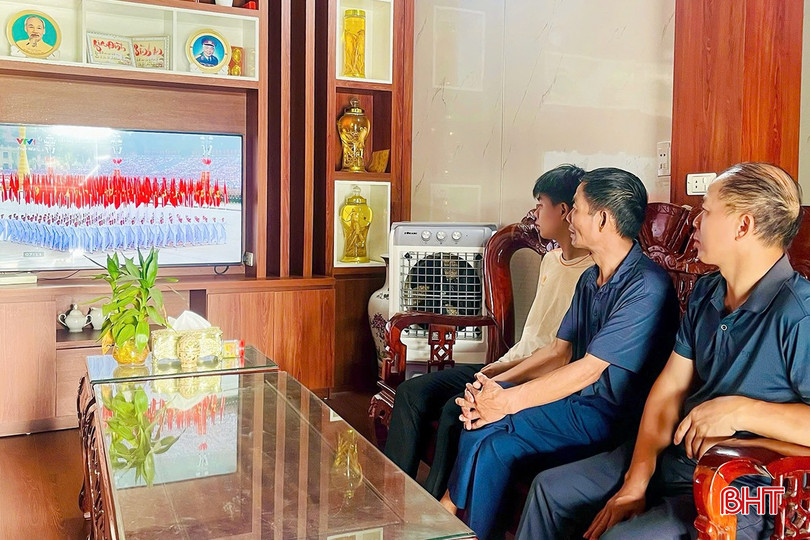
The family of war invalid Nguyen Xuan Toan (Vinh Phu village, Cam Xuyen commune) was proud to watch each group marching and parading.
At that time, I was still young, books were scarce, and I could not read much, but I often heard my teacher tell stories about Uncle Ho in a respectful, solemn voice, with eyes filled with tears. If there was a camera, people could record countless documentary footage of the affection of Vietnamese people for Uncle Ho. The house was filled with incense smoke. On the altar, which was originally a rice tray, my mother had prepared two trays of offerings, a Chung cake with wine, betel, candles... Above, inside, was a picture of Uncle Ho hung solemnly on the background of the national flag. It was like the taste of Tet. The incense smoke and incense mixed together in the small but warm house, fragrantly trying to do their best to dedicate to Independence Day.
I don’t think that, besides the Vietnamese dictionary, there is any other language dictionary that has an entry for “Independence Day”. That is a holiday that belongs only to the Vietnamese people. The two words “independence” always resonate with pride in national sovereignty and ethnicity. Those epic echoes are passed down from the Southern country’s mountains and rivers, the Proclamation of the Generals, the Proclamation of Victory over the Qing, the Declaration of Independence, perhaps not only on the pages of books and in people’s hearts, but also in the land, trees, streams, etc.

With that spirit, generation after generation, the Vietnamese people have spared no effort in blood and bones to protect every blade of grass and inch of land, to write pages of history with the pink color of blood, with sparkling tears, with radiant smiles, with radiant flags. And the word “Tet” anchors the Vietnamese soul on the shore of history, evoking a peaceful festive atmosphere. It cleverly connects the political and historical significance of the founding day with the distant memory of the civilization and culture of rice at the time when heaven and earth were in harmony, people’s hearts were open and waiting for a new life.
“Independence Day” is a word used to evoke the desire for immortality, linking the spiritual meaning of origin with the revolutionary spirit of the era. The appearance of banh chung and banh day on the tray of offerings reminds us that the Independence Day festival is a continuation of a journey from Lac Long Quan teaching people to grow rice, Lang Lieu making cakes to offer to his father the king...
I sit and write these lines on an autumn morning with sunlight melting through the leaves in the garden. The sound of children's drums echoes from afar, plaintive and nostalgic. Perhaps, people will wrap banh chung, folk games will be organized again and the camp will be inaugurated with great excitement. All of this reminds me of an unforgettable childhood in the happiness of a people who can breathe the air of peace and freedom.
Source: https://baohatinh.vn/mua-thu-don-tet-post294881.html




![[Photo] Prime Minister Pham Minh Chinh attends the 80th anniversary of the founding of Voice of Vietnam Radio Station](https://vphoto.vietnam.vn/thumb/1200x675/vietnam/resource/IMAGE/2025/9/7/abdcaa3d5d7f471abbe3ab22e5a35ec9)

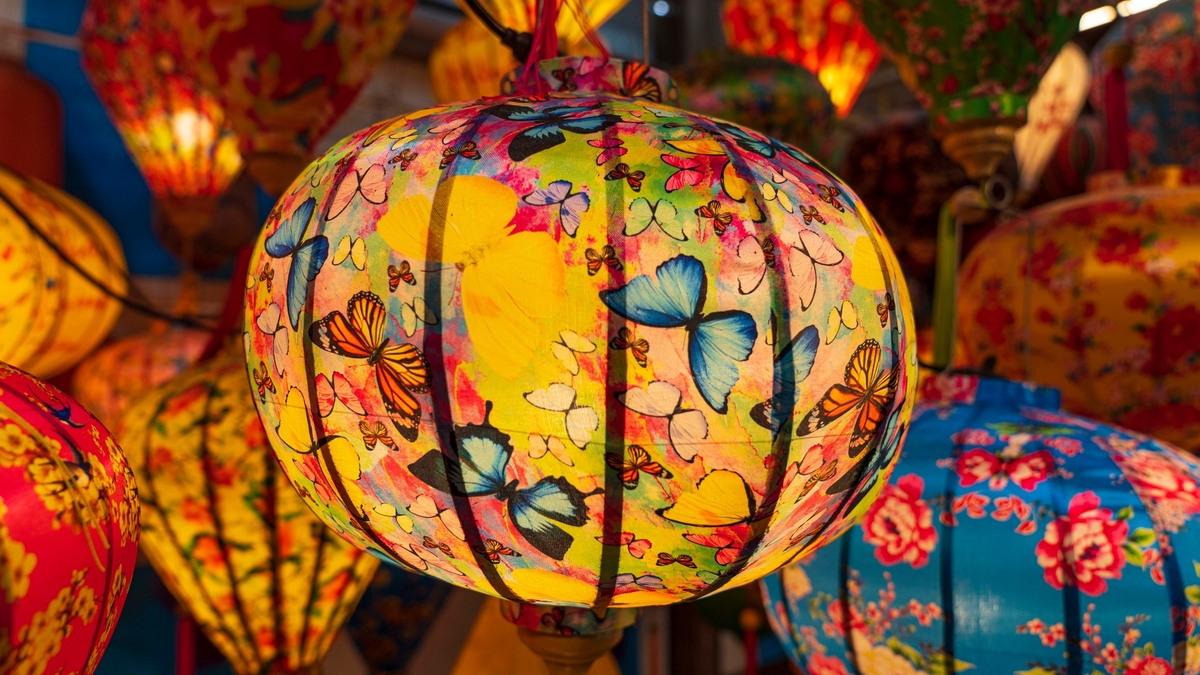

![[Photo] Impressive display booths of provinces and cities at the Exhibition 80 years of the Journey of Independence - Freedom - Happiness](https://vphoto.vietnam.vn/thumb/1200x675/vietnam/resource/IMAGE/2025/9/7/cd63e24d8ef7414dbf2194ab1af337ed)




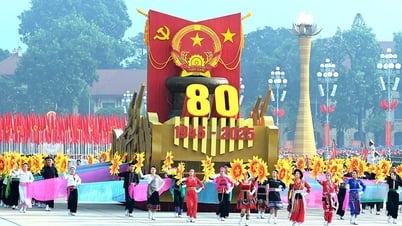

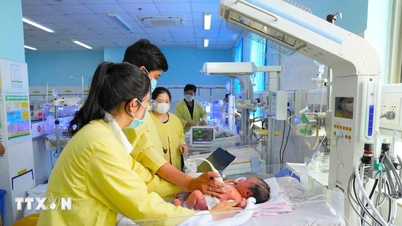


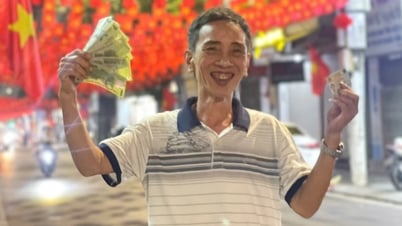







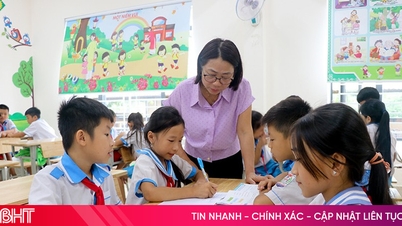


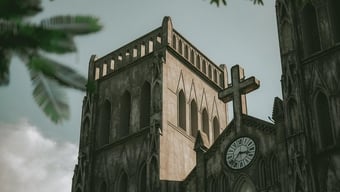

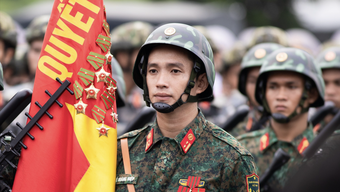


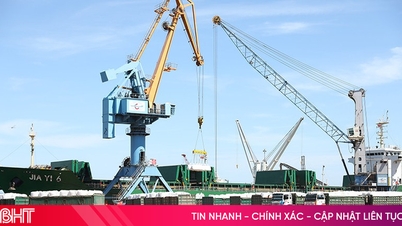


![[Photo] General Secretary To Lam attends the 55th anniversary of the first television program broadcast](https://vphoto.vietnam.vn/thumb/1200x675/vietnam/resource/IMAGE/2025/9/7/8b8bd4844b84459db41f6192ceb6dfdd)
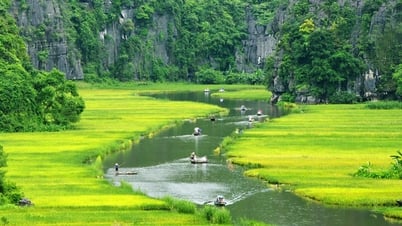

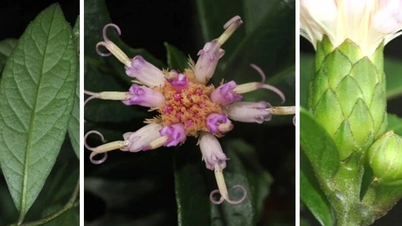



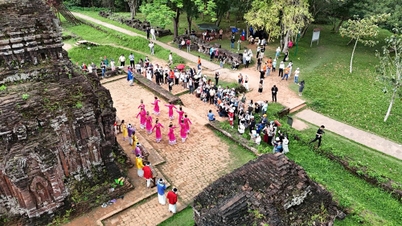

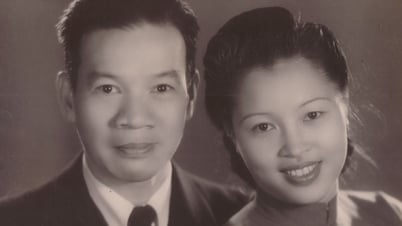


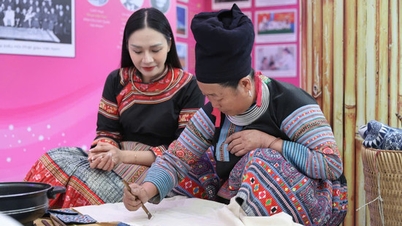
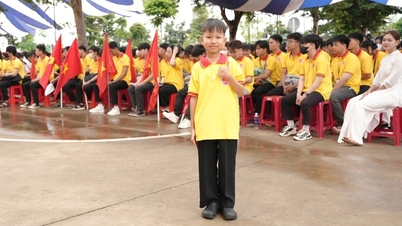





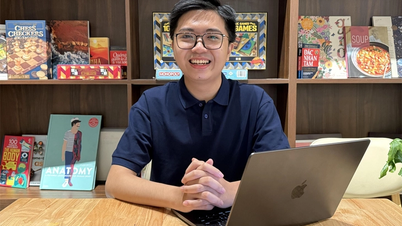

![[Highlight] VIMC's mark at the National Achievement Exhibition](https://vphoto.vietnam.vn/thumb/402x226/vietnam/resource/IMAGE/2025/9/7/932133a54d8b4becad48ef4f082f3eea)




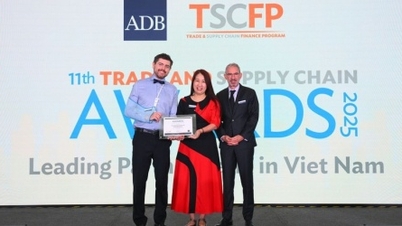

![[COMING UP] Workshop: Resolving concerns for Business Households about eliminating lump-sum tax](https://vphoto.vietnam.vn/thumb/402x226/vietnam/resource/IMAGE/2025/9/7/5627bb2d0c3349f2bf26accd8ca6dbc2)
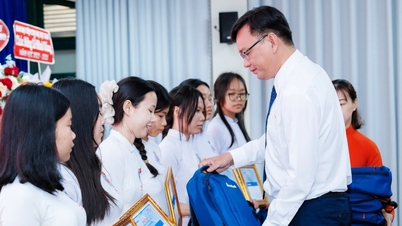

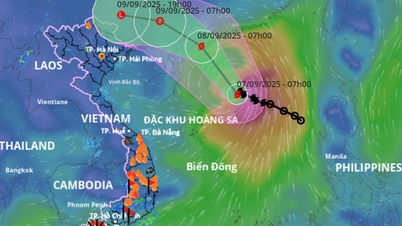

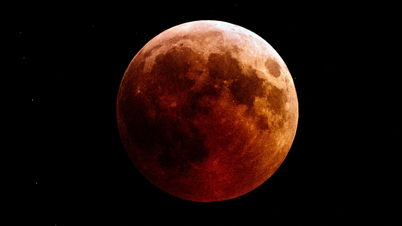


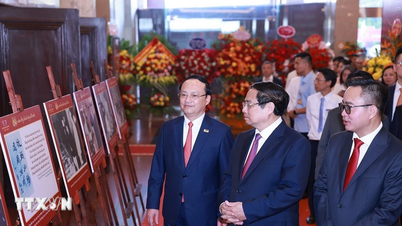


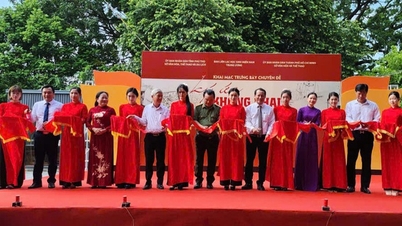


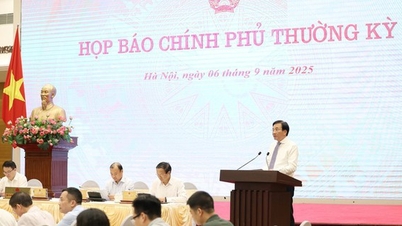




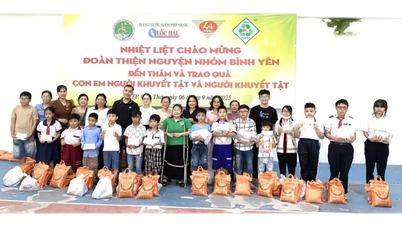



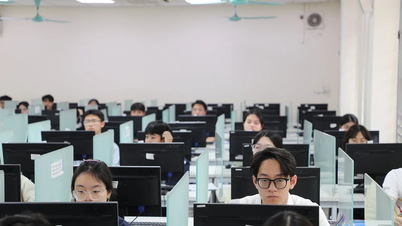



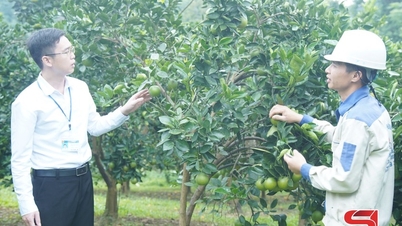



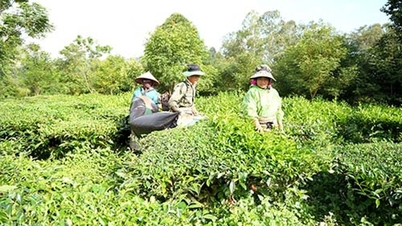

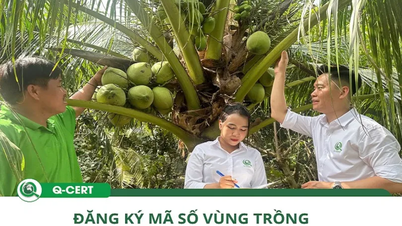

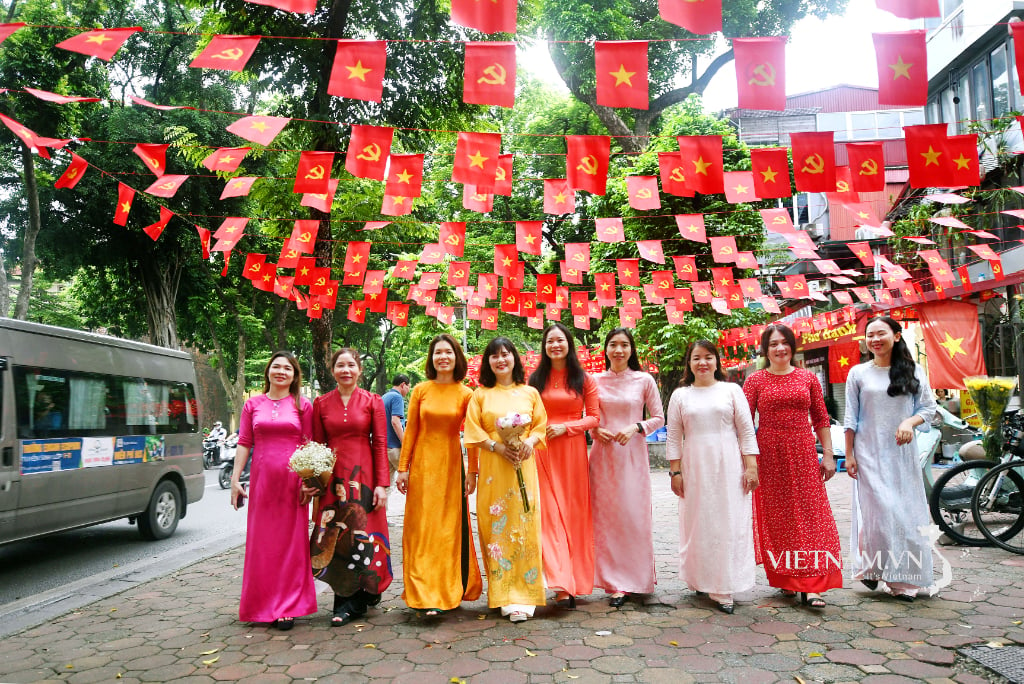
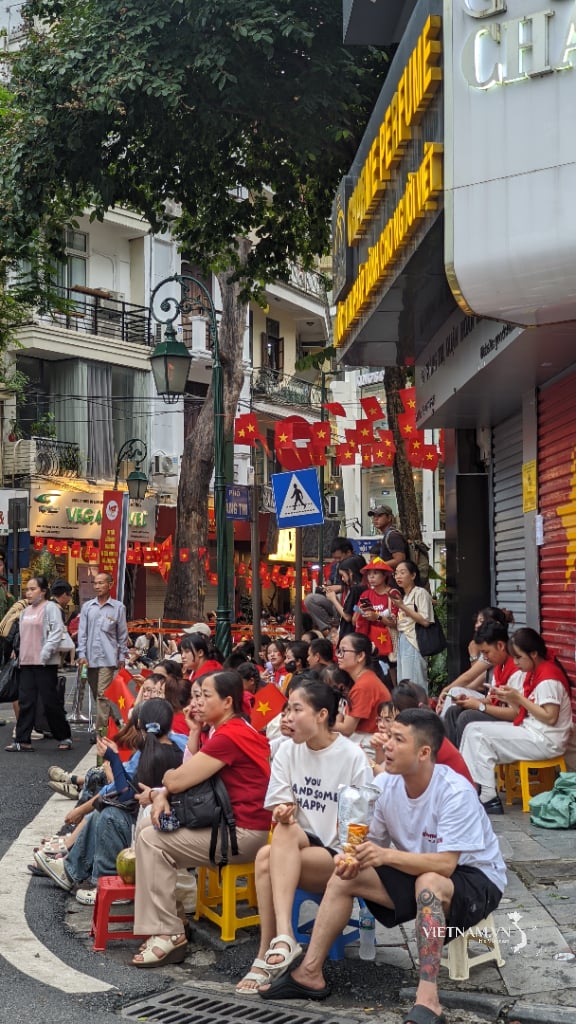


Comment (0)